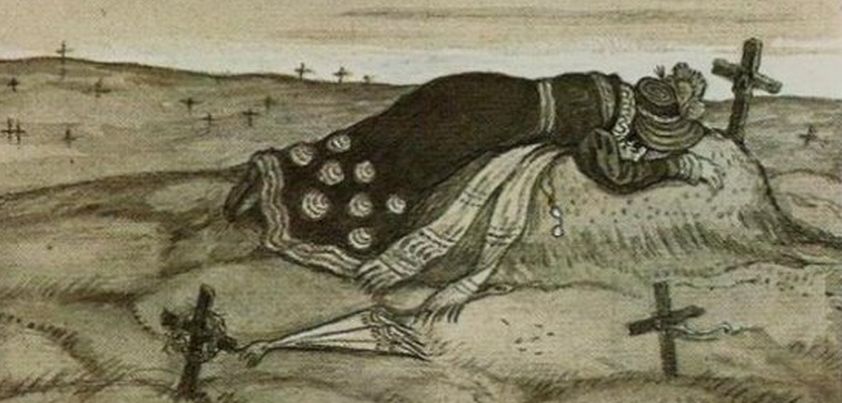 Set in early 19th century Russia, a fascinating aspect of his acclaimed story from Alexander Pushkin is its ambiguity. A beautiful, flirtatious girl leaves her impoverished village in the company of a passing army officer. When her distraught father tracks the officer to a distant city and finds them together, he concludes she is a “kept woman”. He returns home in disgust, turns to alcohol, and dies a lonely death. Years later a beautiful, obviously very rich woman weeps on his grave. Themes include class conflicts, poverty, moral corruption vs. romantic love, government bureaucracy, religion, misjudgement, loss, grief.
Set in early 19th century Russia, a fascinating aspect of his acclaimed story from Alexander Pushkin is its ambiguity. A beautiful, flirtatious girl leaves her impoverished village in the company of a passing army officer. When her distraught father tracks the officer to a distant city and finds them together, he concludes she is a “kept woman”. He returns home in disgust, turns to alcohol, and dies a lonely death. Years later a beautiful, obviously very rich woman weeps on his grave. Themes include class conflicts, poverty, moral corruption vs. romantic love, government bureaucracy, religion, misjudgement, loss, grief.
As is evident from the story, Postmasters/Stationmasters of the day had nothing to do with mail or trains. Russians of all levels needed permits to travel long distances within the country. Postmasters operated government “travel posts”, and were responsible for updating permits (internal passports) and providing fresh horses for those passing through on official business.
Original Text / PDF / Audio (4,800 words)
There are several unknowns in the story, the reader’s interpretation of which could change its whole meaning. Did Dunia leave the village of her own free will, or did the officer abduct her? Had her father been mistreating her, or was she simply looking for a better life? Did she seduce the officer, or did he seduce her? Did they ever marry, or did the officer maintain her as a mistress? Were the children the officer’s or someone else’s? Why did she take so long to return home?
There is clearly significance in the frequent mention of the pictures on the post-office wall depicting the biblical parable of the prodigal son. The prevailing view is that the story is an ironic reversal of the parable, satirizing the biblical morality that causes the postmaster to automatically dismiss Dunia as a fallen woman who will one day be sweeping the streets along with the wretched hangers-on of the dram-shops.